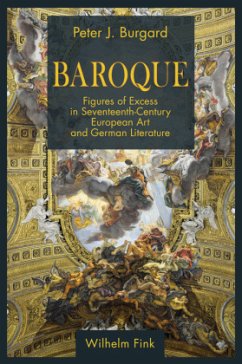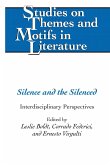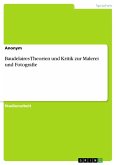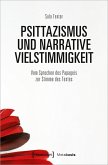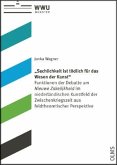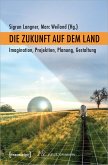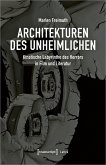What is the Baroque? Where did it come from and where did it go? Why do we have to ask these questions? Because art historians seem largely satisfied with their answers and most scholars of German literature are not satisfied, yet have stopped asking.This book discerns in the Baroque an aesthetic phenomenon that crosses both media and national boundaries in its celebration of excess and its disintegration of system, unity, and identity. The compositional principles and theoretical implications of the Baroque, as it first arose in Italian art, find expression in German poetics, drama, poetry, and narrative-expression accessible only through resolute close reading. Readings of Bernini, Borromini, Velázquez, Rubens, Fracanzano, and de Hooch precipitate readings of Opitz, Gryphius, Fleming, Zesen, Hoffmannswaldau, and Grimmelshausen, demonstrating that seventeenth-century German literature both is Baroque and confirms what the Baroque is.
Hinweis: Dieser Artikel kann nur an eine deutsche Lieferadresse ausgeliefert werden.
Hinweis: Dieser Artikel kann nur an eine deutsche Lieferadresse ausgeliefert werden.

